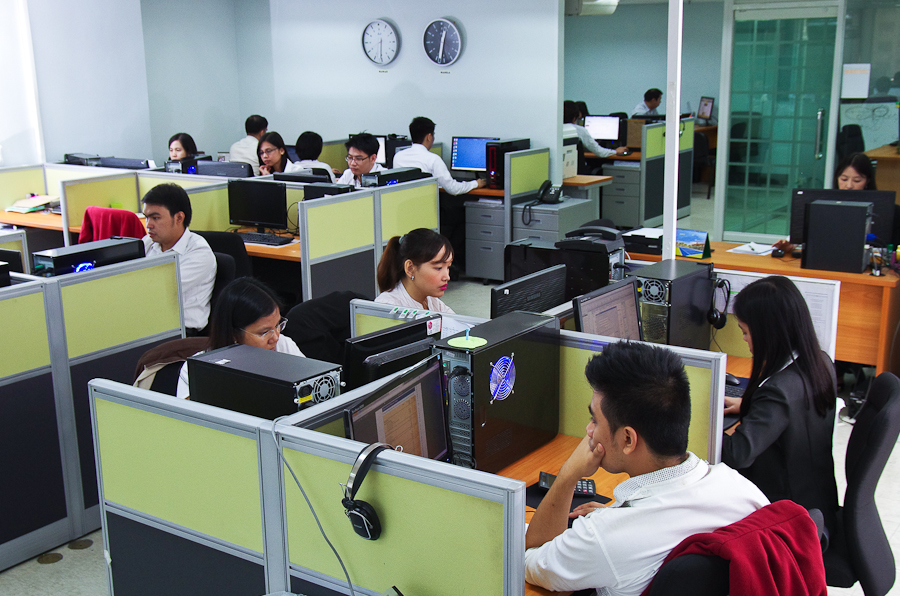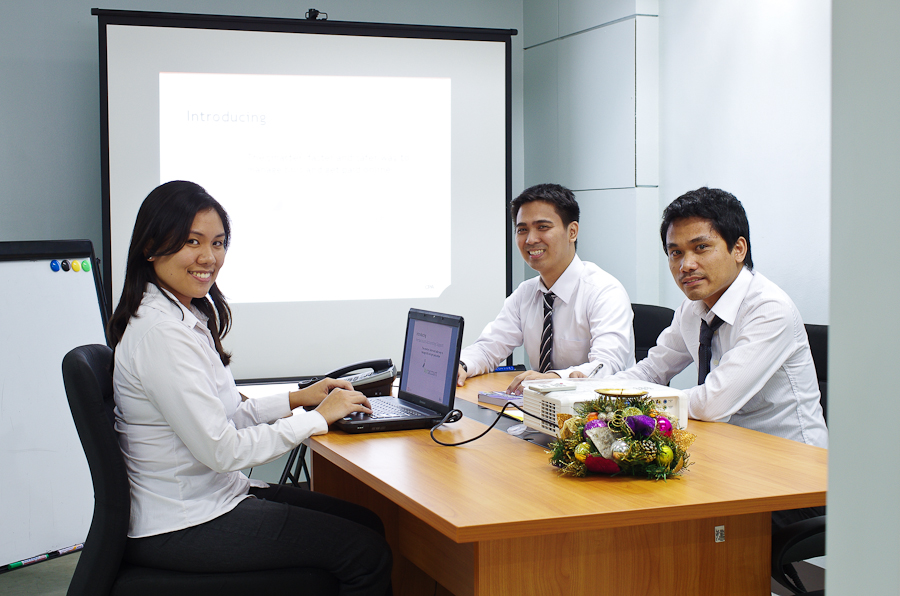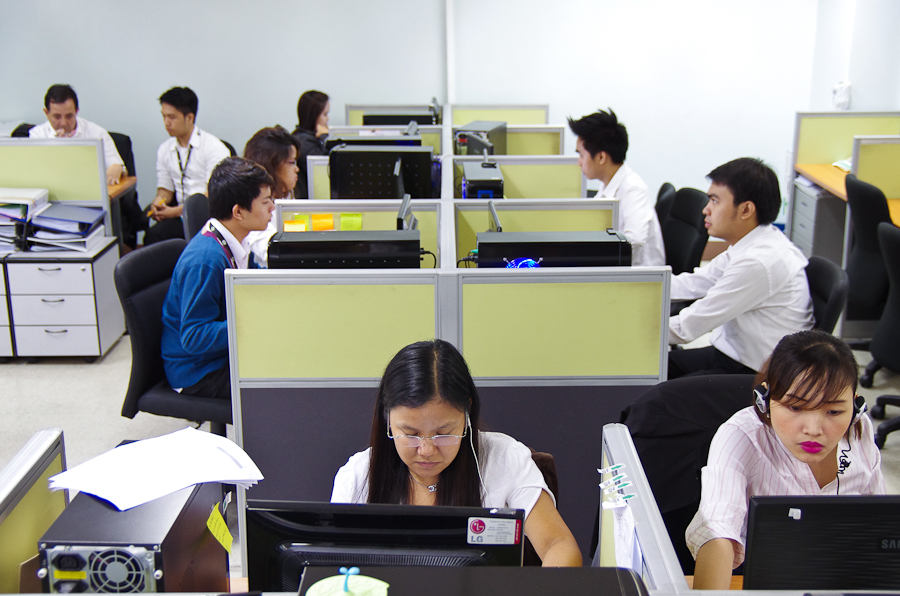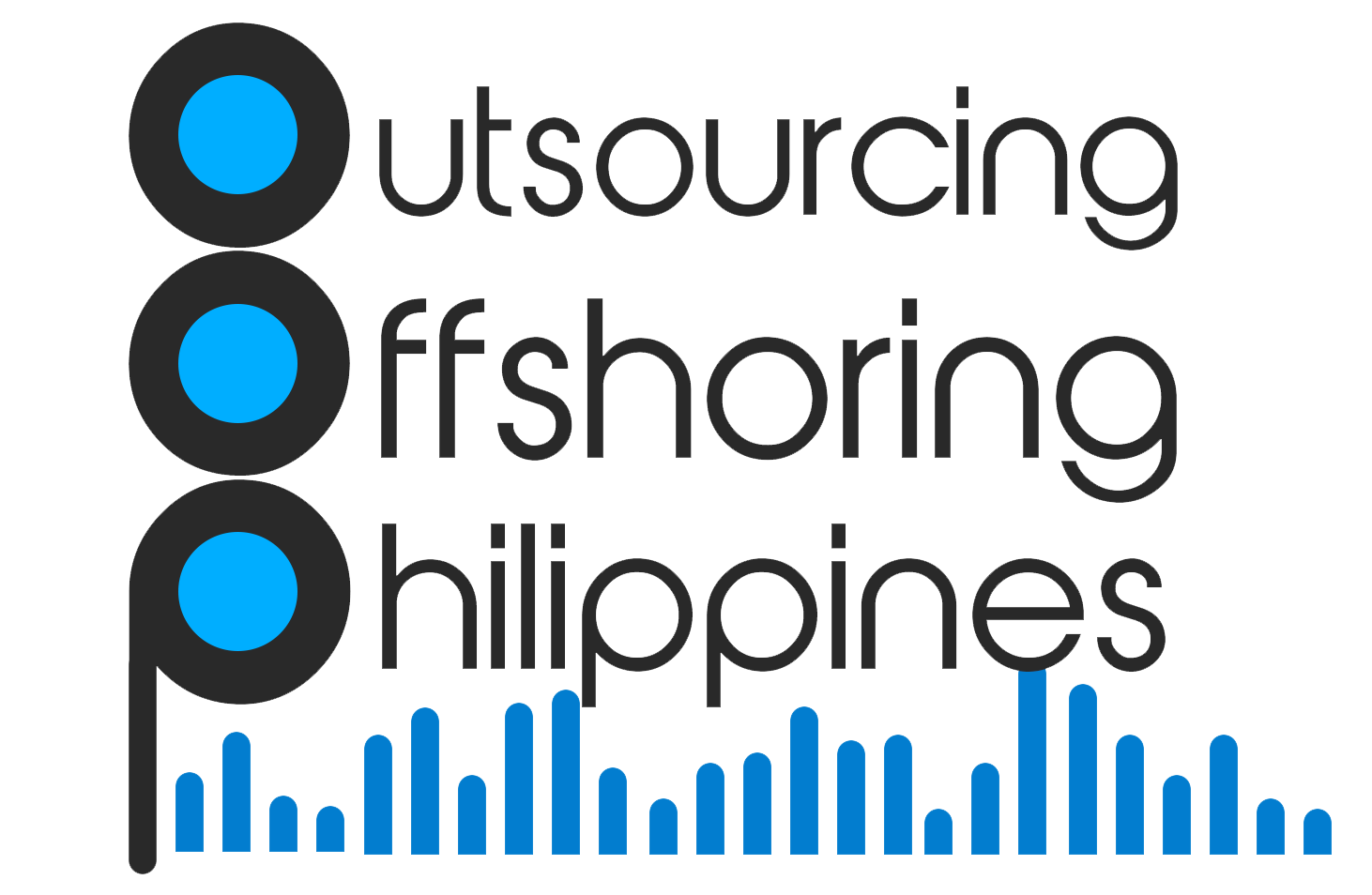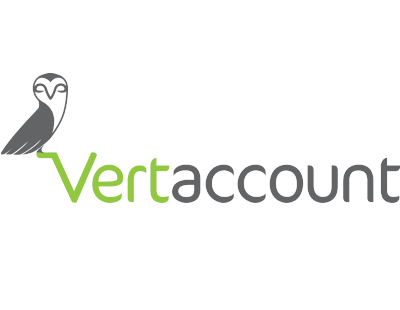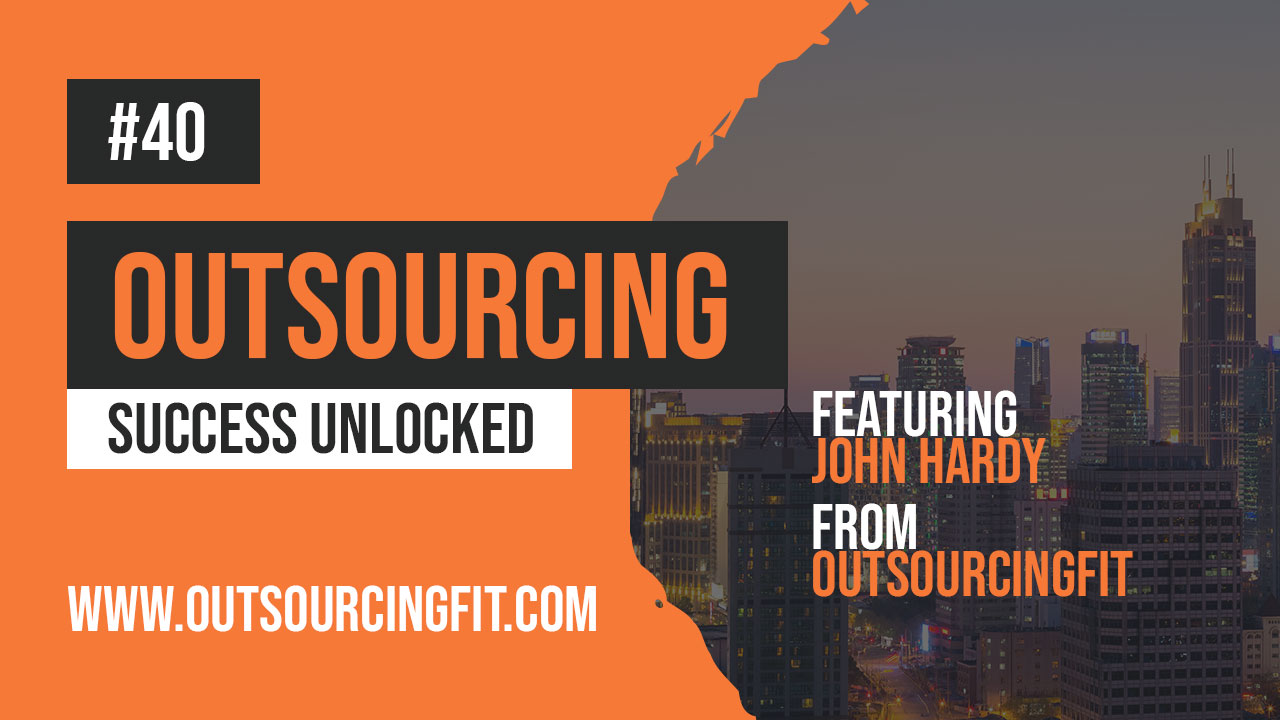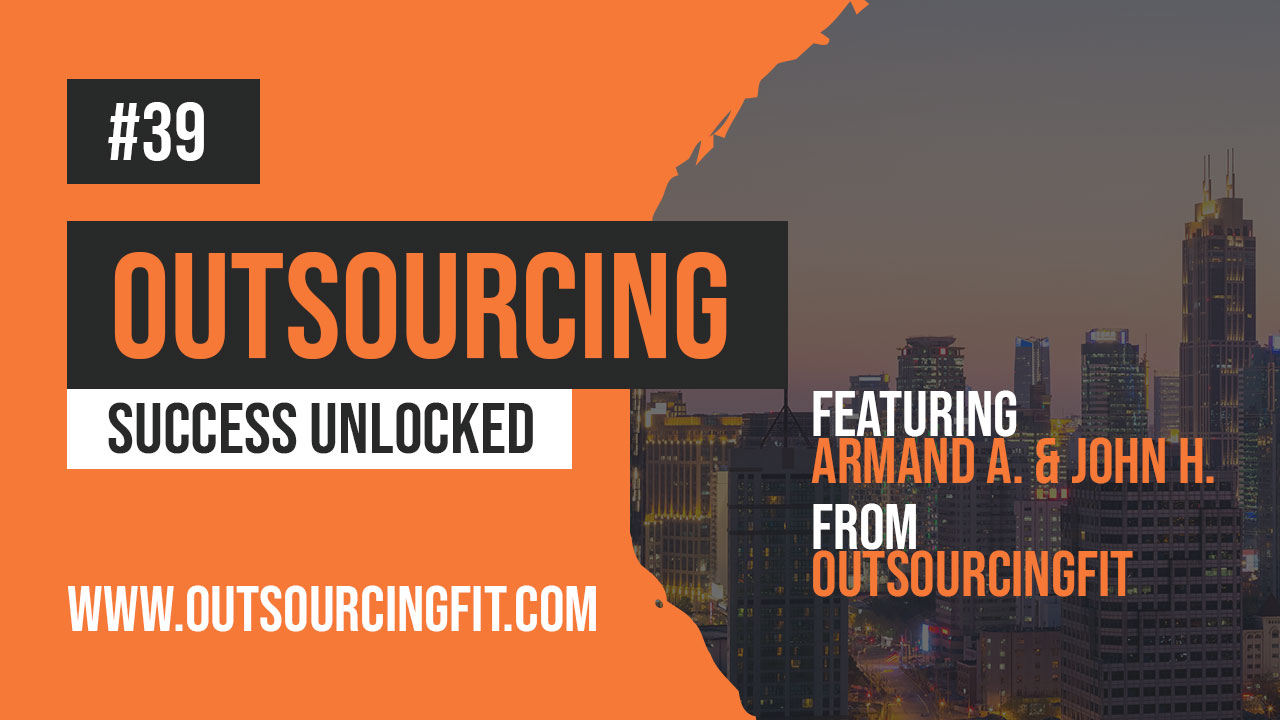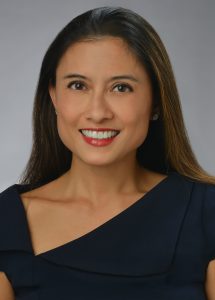 Guest: Bernice Parsons
Guest: Bernice Parsons
Presenter: Henry Acosta
Guest Bio: Bernice Parsons is born and raised in the Philippines. After graduating from Ateneo De Manila University, she moved to Hawaii in 2002. She is one of the co-founders of Vertaccount. Her expertise in the offshore accounting field had helped Vertaccount sustain its growth over the years and she now has over 17 years of experience in the Offshore BPO services field with growing clients all over the world!
Segment overview: Vertaccount offers offshore bookkeeping and accounting services for SME Businesses all over the world. With their reach reaching from the US, to the Philippines, and all the way down under to Australia, they are fulfilling their mission by empowering clients to make informed decisions and helping them contribute their clients growth and success. Bernice talks about her journey with Vertaccount and how her humble beginnings here in the Philippines helped shape Vertaccount into what it is today.
Address: 10th Floor, The Pearlbank Centre, 146 Valero St, Salcedo Village, Makati, 1200 Metro Manila
Contact: (02) 519 8615
Website: www.vertaccount.com
To know more about Vertaccount, listen to the podcast below.
The interview will start at the 1:10 mark of the podcast.
TRANSCRIPT – Vertaccount
Henry Acosta: Hi. I’m Henry Acosta and this is the Outsourcing and Offshoring Philippines podcast. Joining us today, is the Co-founder and the President of Vertaccount. She is none other than Bernice Parsons. She’s joining us today to talk about her company and the BPO industry in the Philippines and how it’s growing. With all that said, welcome to the show, Bernice. Thank you for joining us all the way from Sunny Hawaii.
Bernice Parsons: Yes. Aloha and thank you for having me today.
Henry: It’s a pleasure to have you. To kick things off, I just wanted to ask, how did you get started with Vertaccount, the BPO industry in the Philippines?
Bernice: I’m gonna say, it actually happened sort of accidentally. I had actually co-founded an internet startup in the Philippines, a long time ago and it was called LocalVibe, localvibe.com. After my partners and I had sold LocalVibe to an American firm, I actually went and moved to Honolulu and that was back in maybe 2002. When I was working in Honolulu, I was always entrepreneurial. So, I had a business and in the process of starting that business here in Hawaii, I realized what a hassle it was and candidly not a good use of my time to do all of the accounting and bookkeeping, for that particular business on my own. How I fell into outsourcing, was I had talked to a friend of mine who was actually my neighbor, who was a retired CFO, big company CFO here in the U.S. I had told him, “You know, I think I’ve had it with trying to do this on my own and I’m just going to hire my staff. The former colleagues who I’ve worked with in the Philippines who did our accounting, and I’m just gonna outsource everything to them. I’ll just scan everything over. They’ll have their own copy of QuickBooks that they can do it.”. That’s how I say I accidentally fell into it, because it was really out of my own need, as a small business owner, that I went back to my staff in the Philippines and that neighbor of mine. I mentioned him because we co-founded the predecessor firm that I had to Vertaccount together. That’s how I started finance and accounting outsourcing firm with that partner. Then eventually when we parted ways, I did Vertaccount.
Henry: All right. So, Vertaccount had a different name before.
Bernice: No, it was a completely different firm. That was my first foray into outsourcing and offshoring.
Henry: Do you guys just offer accounting services or do you offer other kinds of outsourcing services?
Bernice: Primarily, we really focus on the Finance and Accounting realm. Although, we do have different services depending on our location. For example, here in the US, we focus primarily on small and midsized businesses. Our support is really AP, AR, payroll, general bookkeeping, financial management reporting. We do some sales tax and 1099 reporting – very sort of back of the house, anything you would expect from an in-house accounting team, we do for our US clients. But for example, in the Philippines we’re doing more of business registration and setup, we do some consulting and advisory, we do headhunting services recruitment on behalf of our clients and overall financial leadership, whether it’s CFO or controller role. So, very different offering from the Philippines and the U.S. Although, we’re able to leverage the same team. For Australia, it’s also mostly back-office support, still in the finance and accounting or bookkeeping support.
Henry: Your geological footprint it reaches all the way from the U.S. to Australia?
Bernice: Yes. We actually have three locations at the moment and we definitely see that growing in the next few years.
Henry: You guys just offer your services to SMEs or do you take on big clients as well?
Bernice: Yes. I’ll tell you one thing that makes us a little different is, we tend to be more of, I want to say, sort of a specialized or a niche outsourcing provider. We focus more on engagements that have a certain degree of complexity or where we really see an opportunity to add a lot of value, versus say just doing this sort of commodity. I’m going to call it commodified data entry and processing. Obviously, there’s a market for that as well. But, we’re much more on this, I would say, we’re much more in the sort of specialized side of it. We typically work with clients on a case-to-case basis, as I’ve mentioned, we’re pretty specialized and a lot of our services are pretty customized. As long as, it doesn’t really matter what the company size is, what matters is whether we can serve their need in a way that really adds value, and that it’s win-win for both of us. When I say that, it’s because, it doesn’t serve the client well, if we also try to provide a service that we can’t do either cost-effectively. No one wins with that either, right? We really look for engagements that we can add value and there’s a lot of value to the clients. That doesn’t exclude large companies.
Henry: That’s actually a very great answer to the question. With regards to your clients, when they get with the idea of outsourcing in the Philippines, what are the usual tropes with it or what are the questions did they usually ask that you want to answer, so you can just make them listen to the podcast as well?
Bernice: Of course, the more basic ones are always about timezone, Are we 24/7?, Is there a language barrier?, What are the accounting standards?, things like that. In terms of time zone, what we do, accounting is really a very routine and procedural or it should be a procedural sort of function. It’s almost as though the timezone is secondary for as long as the process can be defined in a very tight way. That’s where it should be anyway. That’s where it should end up. The timezone is not as much of a factor, because everything is working as it should and then there’s sort of an understanding if this data comes in, the source data comes in at this time or this day then it should be processed and in the system – this many hours later or however the agreed turnaround is. It can be very streamlined and organized. We really try to reserve the overlap for time zone, for more of the calls and coordination alignment with the clients versus the sort of, let’s call them heart attack or unpredictable situations. And of course, between our time zone in Hawaii and the time zone in Manila, we cover a pretty wide range of hours. But, again we also have clients all over, and so, we just again, each engagement we look for what is the right way to structure this, that the client needs are met. And that at the same time also, we’re able to staff that engagement with. There’s got to be reasonable and also attractive to attract the workforce, right? That’s sort of the other side of it, that’s not seen. Unlike, maybe in the call center industry, when it comes to Finance and Accounting, it’s pretty hard to get people to work like a graveyard shift, nor do you want that, right? It requires so much concentration and analysis and you want people to be at their best, sort of high performing and productive hours straight. You don’t want them when they’re tired and sleepy.
Henry: Yes, that true.
Bernice: Time zone is one obviously language barrier. The Philippines, I believe is ranked first or second for business English – written and spoken. That’s obviously why we have such a huge call center industry. That’s really not as much of an issue. I think those are the main ones – timezone, language, accounting standards. Obviously, Philippines is GAAP and IFRS. We’re exposed to all of that, because we have a global outsourcing providers. You’re able to find that talent that is familiar with the different standards.
Henry: With your clients, when they start outsourcing here, what are their misconceptions that usually get debunked when they start outsourcing with Vertaccount?
Bernice: I think that initially, some of them may have had some reservations, just about that sense of control. They’re losing the sense of control, because they’re outsourcing it. We always guide them through that processes. Accounting and the kind of services that we provide, it’s very much of collaboration. It’s not just data in and data out. It’s very much a collaboration of understanding what their business is and how the data that we process becomes something meaningful to them, even if it’s profit and loss data, rebound sheet or whatever kind of reporting it is. I think initially some of our clients feel that they might be losing a sense of a little bit of control, when they outsource in general. That’s one of the things, that as we completely onboard and migrate their account over, we have some time to work together, that they realize that they’re actually getting much more information back, than they had if they were doing it in-house, and especially if they were undermanned or I call it underpowered to begin with, right? Then they quickly realized that, “Oh. I’m actually getting more information. I’m getting better information. I’m getting it sooner than I would if I had been trying to do it in-house.”. I think they have that benefit. I think one of the other things is just the level of communication. We are very proactive when it comes to responding to our clients. In fact some of our clients, we actually have a sort of like an initial interviewer. We kind of try to gauge the kind of communications that they want, because Philippines in general, but like our staff, they can be very proactive. Sometimes it’s actually annoying, because you’re always following up. You’re like, “Hey where’s/how’s that paper we’re coming along?”. We always try to gauge like, what is the right level, where it’s not annoying to our clients, but then we’re also making sure that we follow up.
Henry: You gave a great answer prior to this. I wanted to ask with regards to the transitioning of your clients from onshore or wherever they’re from locally to outsourcing. Have you ever had clients go full on to the Philippines and check out your offices and actually engage with their staff?
Bernice: Oh, yes. That happens pretty often. Our office in Manila is in Makati. Many of our clients have visited and a good number haven’t as well. But, one thing that makes us very different is our staff, is actually very front-facing. We’ve had the level of quality of the communication that our accounting staff can do. Essentially, they engage directly with our clients. That is something very different and one of the reasons why I would say, we’re sort of more of a premium and custom outsourcing provider, is our staff can interact directly with our clients and they do especially with our Honolulu clients. It’s my staff who’s more in touch with them than I am, in some cases. I’m here as needed and for our regular meetings, but for the most part, the day to day or the week to week is their team, their assigned team at Vertaccount.
Henry: Sounds great. As you mentioned a while ago with regards to your employees and your clients engaging, that sounds like something very unique with Vertaccount, where you guys try to find a good balance rather than having a systematic thing, where it feels like the just a robotic kind of interaction.
Bernice: Yes. It’s almost like to do the kind of level of finance and accounting support that we do. It is much more engaged and therefore, it requires the kind of skill sets that our accountants have and that the kind of exposure and training that they get, by working with us, because they have that front-facing interaction with our clients. It’s really something that I’ve just seen our staff especially those that have been with us from the beginning. They’ve really evolved and grown and developed. Really at a certain point, when we first started the business, I felt like I was in the middle of every conversation and every email. These days, sort of eight years and I’m like, “Okay. I do today, I guess I should go get some more clients.”. Essentially, I say that as a testament to the just the ability and the growth of our staff to be able to handle and represent us proudly. At the beginning you’re like, “Okay. Do I need to be a part of this?”. Of course, I’m still very much involved as needed, especially in the onboarding stage, that’s usually a very critical part of the engagement. I’ll usually be involved with that.
Henry: Can I ask how big your offices are and how much employees you already have in the Philippines and in Hawaii?
Bernice: In Hawaii, it’s a very lean team right now, we’re just two in Hawaii. Our modelling is a little different, we work with a lot of outsourced CFO resources. If you count them, I’d say it’s a much bigger team, but as far as direct employees we would be two here in Honolulu. Manila has that kind of that number fluctuates a bit, but I’m gonna say, we’re closer to 70 at the moment.
Henry: Wow! For those interested with Vertaccount, where can they find you guys in Hawaii and in the Philippines?
Bernice: Okay. The best place to go is really our website, which is vertaccount.com. The general email would be [email protected]. In the Philippines, our offices, like I said, are in Makati. We’re in Valero Street. Here in Honolulu were in downtown Honolulu on Bishop Street. We actually also had a small office in Australia. I believe that’s in Kobada. Everything’s online. Everything is on the website, on the Contact Us page. There you go, Kobada Road.
Henry: Sounds good. For all our listeners, can you tell us, just a take away message and what makes Vertaccount different from other outsourcing firms in the Philippines?
Bernice: Vertaccount, our mission is really to empower our clients with meaningful information that can help them grow their business. If you’re looking for a partner to help you grow and scale up when it comes to accounting and finance, we are your shop. We are great partners, because we really work with you to define and streamline processes versus just sort of straight-up processing. We’ll actually work with you and provide that consulting and that expertise on how to actually offshore your engagement in a way that really adds value.
Henry: Awesome. That’s all our questions for today. Thank you so much for joining us on the show today, Bernice.
Bernice: Thanks, Henry.
Henry: That was Bernice Parsons, Co-founder and currently the President of Vertaccount. We have just finished talking about Vertaccount and the Philippines as the go-to place for your outsourcing and offshoring needs. You can learn more about Vertaccount at www.vertaccount.com. That’s vertaccount.com and if you want to learn more about the BPO industry in the Philippines, you can visit us at www.offshoring.com.ph. We’re also on SoundCloud and iTunes just search for outsourcing and offshoring Philippines, you can find us. I’m Henry Acosta and this is the Outsourcing and Offshoring Philippines podcast.

